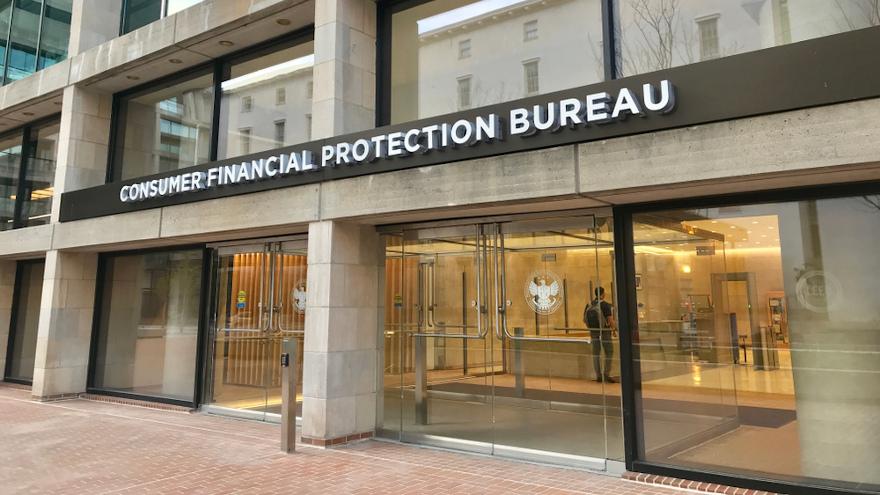CFPB finalizes another consent order with auto-payment processor; this time involving $9.3M

Image by Jer123 / Shutterstock.com
By subscribing, you agree to receive communications from Auto Remarketing and our partners in accordance with our Privacy Policy. We may share your information with select partners and sponsors who may contact you about their products and services. You may unsubscribe at any time.
WASHINGTON, D.C. –
For the second time this month, the Consumer Financial Protection Bureau finalized a consent order with a firm involved with auto-finance payments.
And similar to the one the CFPB reached at the beginning of November, bureau officials see the possibility of U.S. Equity Advantage (USEA) not possessing financial resources to pay the $9.3 million included in the order.
According to a news release distributed on Friday, the bureau issued a consent order against USEA and its owner, Robert Steenbergh. The CFPB said it found that the company’s disclosures and advertisements of its auto-finance payment program contained misleading statements in violation of the Consumer Financial Protection Act of 2010’s prohibition against deceptive acts or practices.
Steenbergh is the founder, sole owner and chief executive officer of USEA, a non-bank firm located in Orlando, Fla. The consent order imposes a judgment against the company requiring it to pay $9.3 million in consumer redress and contains requirements to prevent future violations.
The bureau recapped that USEA and Steenbergh operate an auto-finance payment program called AutoPayPlus, which charges fees to deduct payments from consumers’ bank accounts every two weeks and then forwards those payments every month to the consumers’ finance companies. The bureau found that USEA and Steenbergh misrepresented the amount consumers would save when disclosing the program’s benefits by not including a $399 enrollment fee in the calculations presented to consumers.
“USEA and Steenbergh created the misleading impression that consumers would save money using its product, when in fact, because of the enrollment fee, the program’s costs ordinarily exceeded any savings,” officials said.
Subscribe to Auto Remarketing to stay informed and stay ahead.
By subscribing, you agree to receive communications from Auto Remarketing and our partners in accordance with our Privacy Policy. We may share your information with select partners and sponsors who may contact you about their products and services. You may unsubscribe at any time.
The bureau said it also found that USEA and Steenbergh stated in advertising that “they have helped hundreds of thousands of customers save $29 million or more in interest by participating in AutoPayPlus when they had no basis for making this claim, and when the program had, in fact, not saved consumers that amount.”
The CFPB went on to mention it discovered that more than 100,000 consumers were subject to USEA’s and Steenbergh’s deceptive practices and that consumers should receive $9,300,000 in redress for fees they paid.
Officials explained the ordered redress amount is suspended upon payment of $900,000 and a $1 civil money penalty to the bureau. The suspension of the full payment for redress, as well as the $1 civil penalty, is based on USEA’s and Steenbergh’s demonstrated inability to pay more based on sworn financial statements.
The bureau pointed out consumers harmed by USEA and Steenbergh may be eligible for additional relief from the bureau’s Civil Penalty Fund.
“If victims cannot be located or it is otherwise not practicable to pay victims, the bureau will keep the money in the fund for victims in future cases rather than the money being sent to the Treasury,” officials said.
The CFPB added that the consent order prohibits USEA and Steenbergh from making any misrepresentations about its payment programs. It also requires them to account for the total costs for its payment programs, as well as the net savings or costs after deducting any fees, whenever they make claims about savings or financial benefits.
The complete consent order can be downloaded here.
This action follows a similar path the CFPB took with SMART Payment Plan (SMART) in an order involving $7.5 million.


